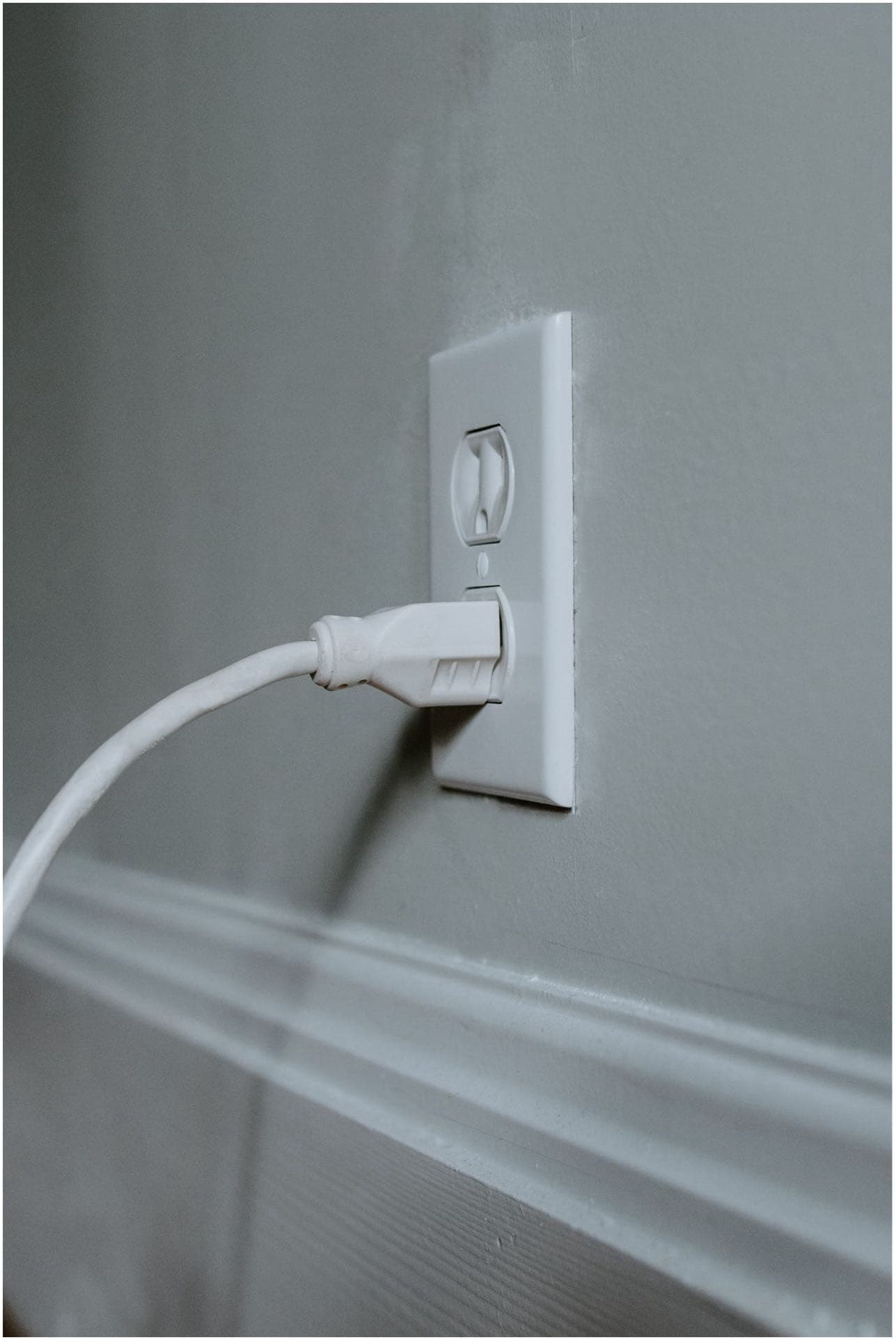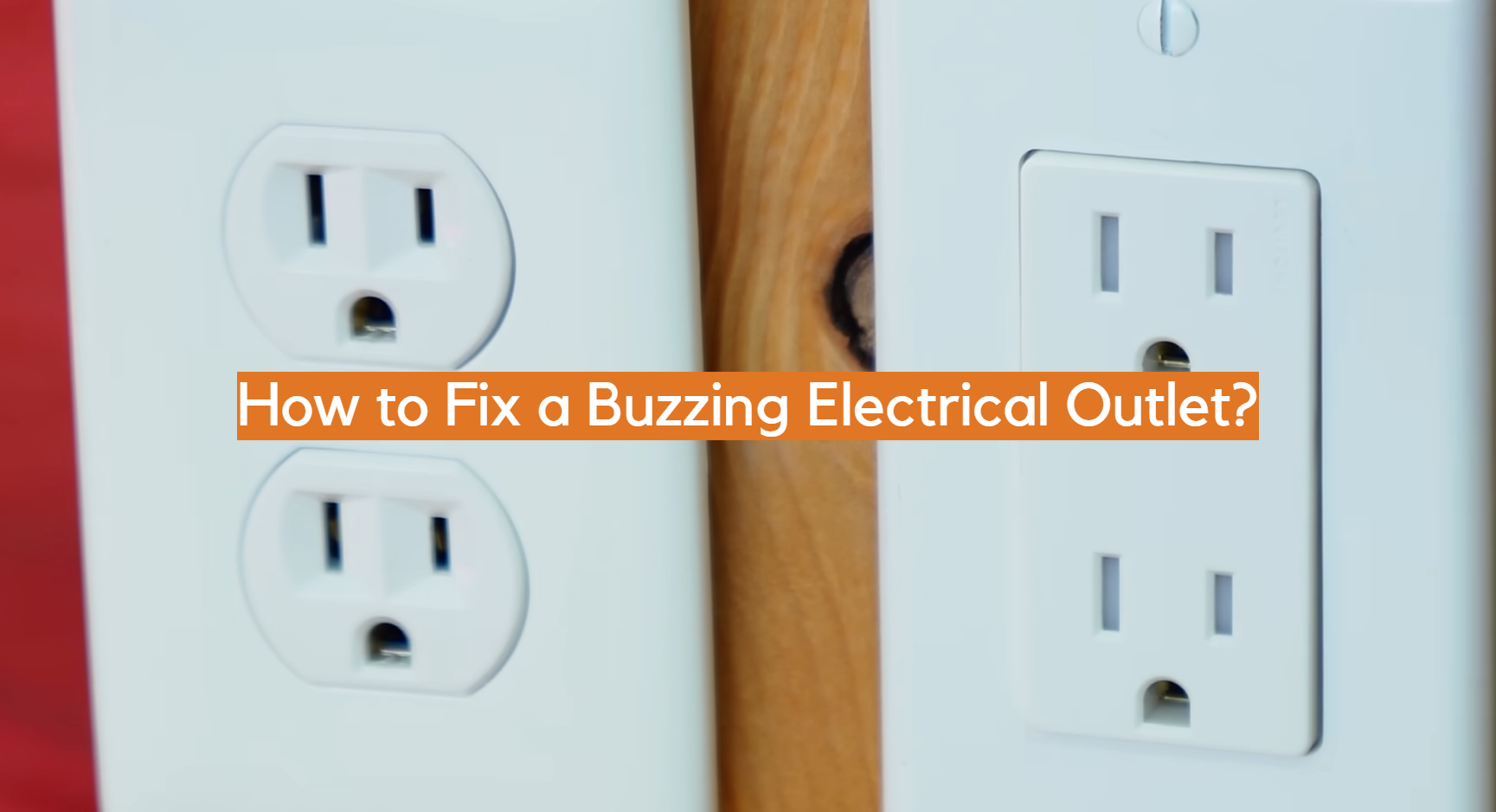Your once-quiet home has become an orchestra of unexpected sounds, and the culprit? A buzzing electrical outlet. Like an uninvited guest interrupting a serene symphony, this persistent hum can disrupt both your domestic tranquility and peace of mind. But fret not, my dear reader, for in this comprehensive guide, we will delve into the causes of buzzing outlets and guide you through a series of simple yet effective steps to silence the nuisance once and for all.

Image: www.prairielectric.com
What Lurks Beneath the Surface of a Buzzing Outlet?
Before embarking on our journey to quell the outlet’s intrusive symphony, let us first unravel the underlying causes of this electrical enigma. A buzzing outlet could signify several issues, each requiring a tailored solution:
-
Loose Wiring: The most common culprit behind a buzzing outlet is loose or frayed wiring. Over time, vibrations and temperature fluctuations can cause connections to weaken or break, resulting in the unpleasant humming sound.
-
Overloaded Circuits: When an outlet is tasked with powering too many appliances or devices, an overload occurs. This excessive current draw can trigger circuit breakers or fuses, but sometimes, it manifests as a persistent buzzing.
-
Arcing: In rare cases, electrical arcing – the jumping of electricity across gaps in wiring – can create a loud buzzing noise. This is a dangerous condition that requires immediate attention.
-
Damaged Outlet: A damaged outlet, often caused by physical impact or moisture, can become a breeding ground for electrical problems, including buzzing.
Silencing the Symphony of the Buzz
Now, armed with the knowledge of potential causes, let us embark on the path to restoring electrical harmony in your home:
-
Safety First: Before approaching any electrical work, ensure your safety by turning off the power at the circuit breaker or fuse box for the affected outlet.
-
Loose Wiring: To address loose wiring, remove the outlet cover and tighten all terminal screws using a screwdriver. Ensure no exposed wires are touching each other.
-
Overloaded Circuits: If you suspect the outlet is overloaded, unplug unnecessary appliances and devices. Consider adding an additional circuit or upgrading your existing electrical system if the problem persists.
-
Arcing: Arcing should only be addressed by a qualified electrician. Attempting to fix it yourself could lead to electrical shock or fire.
-
Damaged Outlet: If the outlet appears damaged or discolored, it should be replaced by a new one. Shut off the power and remove the old outlet, ensuring proper wire connections before installing the replacement.
Expert Insights for a Buzz-Free Future
To further enhance your electrical know-how, here are some valuable insights from industry professionals:
-
Regular Inspections: Regularly inspect your electrical outlets for signs of wear and tear, such as loose plates, flickering lights, or overheating.
-
Avoid Overloading: As a rule of thumb, avoid plugging in more than two high-power appliances or devices into a single outlet.
-
Use Surge Protectors: Protect your sensitive electronics and electrical devices from voltage spikes and surges by using surge protectors.

Image: electronicshacks.com
How To Fix A Buzzing Electrical Outlet
Conclusion: A Buzz-Free Oasis
With the knowledge and steps outlined in this guide, you now possess the tools to diagnose and fix buzzing electrical outlets, bringing tranquility back to your home. Remember, electrical work should always be approached with caution, and if you encounter any uncertainties, do not hesitate to seek professional assistance. As we bid farewell to the buzzing symphony, let us embrace the sweet silence of a well-functioning electrical system.